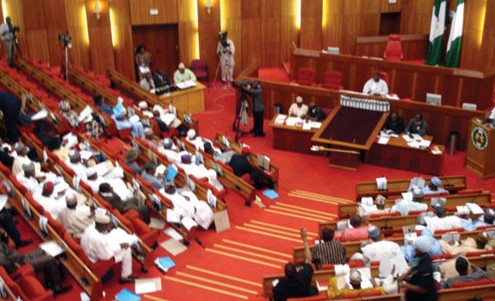 Nigeria’s state oil company has saved $2 billion in the past year by renegotiating its upstream servicing contracts, it said in a statement on Tuesday, as it tries to reduce high overheads.
Nigeria’s state oil company has saved $2 billion in the past year by renegotiating its upstream servicing contracts, it said in a statement on Tuesday, as it tries to reduce high overheads.
The Nigerian National Petroleum Corporation (NNPC) is attempting to revive the oil industry on which the country’s economy depends, and which the government relies on for roughly two-thirds of its revenue.
Militant attacks on oil facilities last year cut production by as much as a third, helping push the economy into its first recession in a quarter of a century.
“For the upstream, cost reduction and efficiency are key features that we will pay attention to,” said Maikanti Baru, who heads the NNPC, in the statement.
The company has also cut operating costs for oil production to $22 a barrel from $27 per barrel, Baru said.
Average daily production of oil and condensates has been about 1.88 million barrels since the beginning of the year, with the Forcados and Qua Iboe terminals running again after being taken down by attacks last year, he said.
That puts Nigeria on target to exceed its 2017 goal of producing an average of 2.2 million barrels of oil and condensate a day, Baru said.
Militant attacks crippled Nigeria’s oil production in 2016.
But since February, the government has sent senior officials including Acting President Yemi Osinbajo to hold talks with local communities in the oil heartlands of the Niger Delta, hoping to address their grievances.
That has brought a fragile truce to the region since the beginning of the year and allowed oil production to recover.













